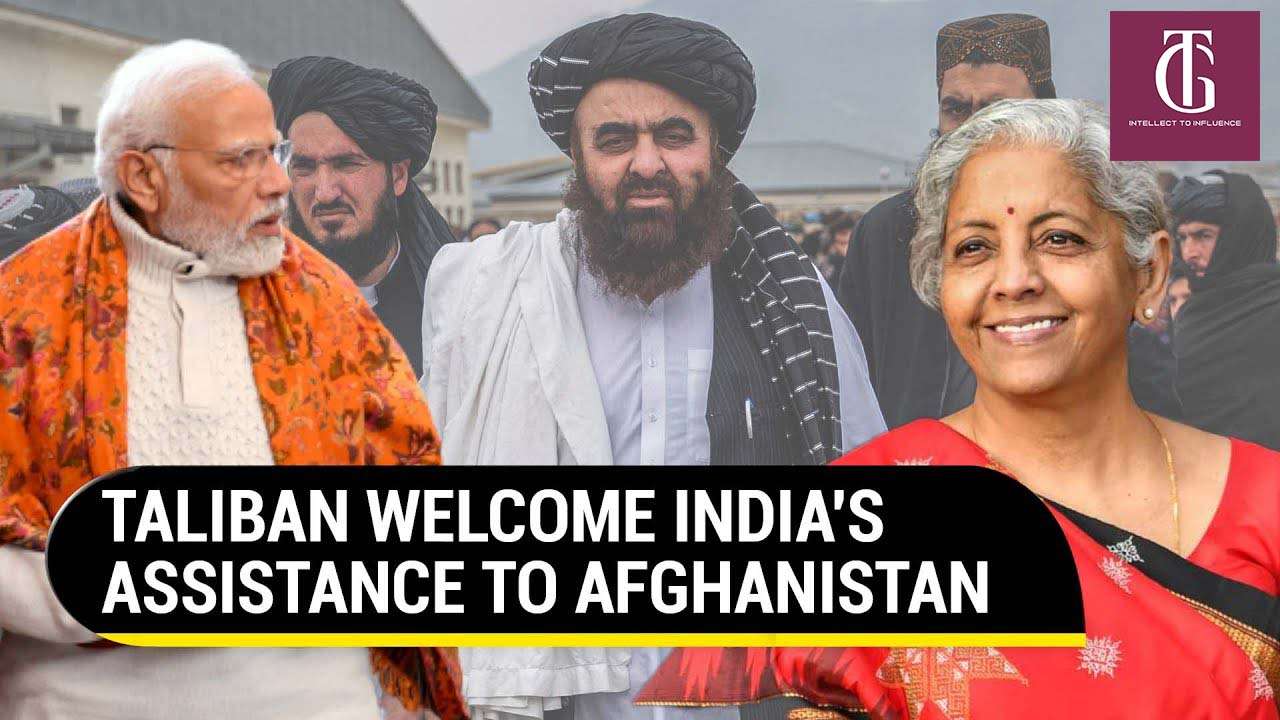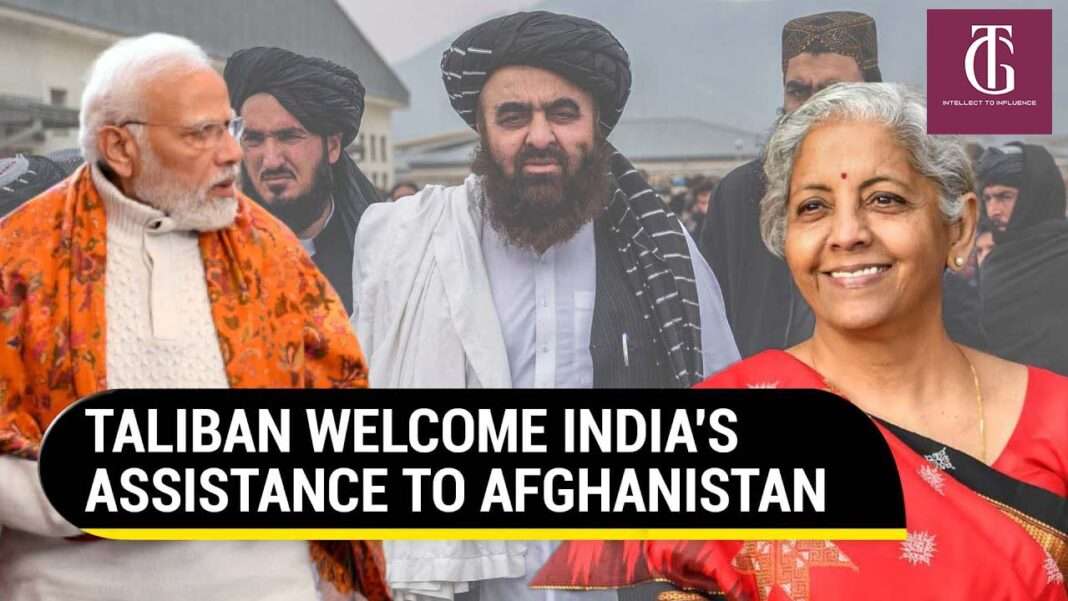
After many decades of open hostilities, the Afghan Taliban are now interested in having better diplomatic relations with India. After the seizure of power in August 2021, a series of bilateral engagements between the Afghan Taliban and India appear to surprise analysts.
In March 2024, a high-profile Indian delegation visited Kabul to look into the areas of mutual interests with the Taliban-ruled Afghanistan. To attract the much-needed investment for Afghanistan, the Taliban also invited New Delhi to the conference named ‘The Regional Cooperation Initiative’ in Kabul.
Despite the fact that both remained diplomatically isolated throughout the short history of their mutual interaction, New Delhi surprisingly appointed a three member ‘technical team’ to oversee the humanitarian relief work in Kabul in 2022. A simple question arises here: why would the Taliban, backtracking its previous stance towards India, display an interest in engaging with India?
Many factors can be associated with the Taliban’s recent tilt towards India: firstly, the present leadership of the Taliban are not only battle-hardened but also hold sagacious diplomatic skills gained through the process of negotiations with the international community before the seizure of power in August 2021. They know very well the price of diplomatic isolation. Keeping in view of these constraints, many powerful voices within the rank and file of the Taliban are constantly pouring in favor of having better diplomatic relations with India. The most powerful voice comes from Mullah Yaqoob, the son of the legendary former emir of the Taliban. Even he was quick and enthusiastic about sending the Afghan army personnel for military training in India. The senior Afghan diplomat Sher Muhammad Abbas Stankizai is also in favour of good relations with India. Unlike the previous Taliban regime, these groups within the Afghan Taliban favour diplomatic rapprochement with India and the USA.
Secondly, the sudden departure of the US-led coalition forces from Afghanistan further deteriorated the plight of the common Afghan people. To add insult to injury, the western nations imposed financial sanctions against the Taliban-led Afghanistan. Being the closest ally of Afghanistan, the Taliban premediated the inability of Pakistan to bail out Afghanistan’s looming humanitarian crisis. The Taliban’s predilection for New Delhi is firmly grounded on the fact that India can and has provided humanitarian assistance to Afghanistan in the past. Even after the Taliban takeover of Afghanistan, New Delhi has supplied 40000 Metric Ton of wheat to Afghanistan and an additional 20000 (MT) via the World Food Programme, including life saving medicines and winter clothing. Moreover, the Indian Union Budget allocated a $ 25 million development aid package for Afghanistan, which has been highly appreciated by the Taliban leadership.
Thirdly, the economic profile of India is enough to entice the Taliban to reconsider its diplomatic relations with India. The Taliban acting foreign minister was more explicit and enthusiastic in expressing his desire to extend economic ties with India. Keeping in view of Afghanistan’s geographical location as a landlocked country, the Afghan Taliban have shown keen interest in India’s sponsored North-South Corridor (NSTC), a cross continental transport link passing through the periphery of Afghanistan. Its impacts are huge for the economic trajectory of Afghanistan, bypassing Pakistan. New Delhi’s participation in the ‘Regional Cooperative Initiative’ in Kabul can be seen through this prism.
Fourthly, the Afghan Taliban’s historical role as a junior partner to Pakistan comes out at a point where it no longer holds a relevance for the young slot of Taliban Jihadists. Their conviction is further strengthened by the very fact that they have successfully launched and fought a war against the US-led coalition forces. Their success in flushing out the western forces makes them believe that they can now rely on themselves for the protection of national security. This was clearly evident in the recent statements of Mullah Yaqoob: “we are an independent country, and our foreign policy is guided by our national interests”. So, some factions of the Afghan Taliban are turning to India to balance Pakistan’s mounting pressure.
Lastly, the unresolved issue of the Durand Line grabs the attention of the Taliban and they still take it as a hypothetical demarcation. New Delhi’s moral support for the Taliban in this matter would be enough to pressurize Pakistan to the logical conclusion.
Conclusion
Multiple factors explain the recent tilt of the Afghan Taliban towards India, including economic deterioration, strong nationalism and the unfavorable Pakistan-Afghanistan equation. Under the pretext of deteriorating economic and humanitarian situation, the Afghan Taliban no longer think it is prudent to stick to the past anti-India policy. So, by diversifying its diplomatic relations away from Pakistan also open up new economic, diplomatic and social avenues for the Afghan Taliban.






